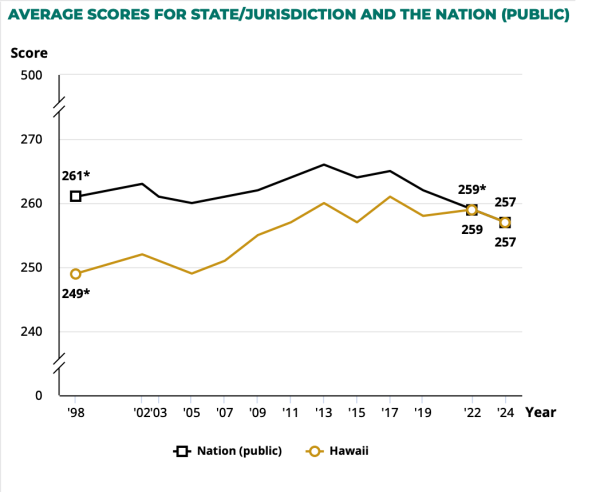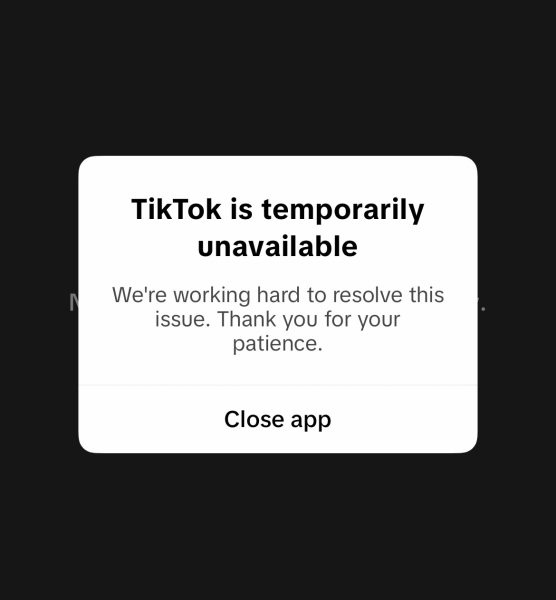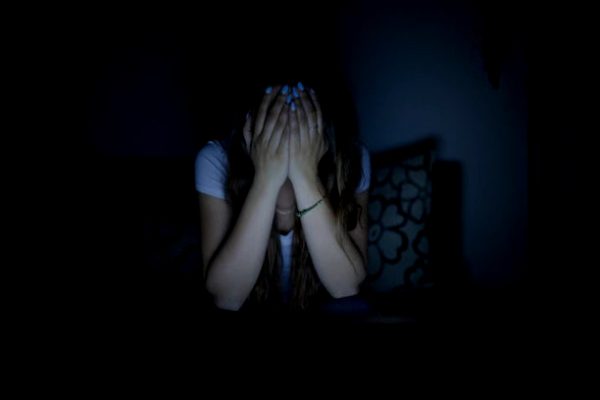Second year of DEI builds inclusiveness and togetherness
Spreading awareness of diversity, like bringing together a variety of perspectives to the table, is one of the main goals of DEI.
Promoting Diversity, Equality and Inclusion, the “DEI” committee began last school year at Mid-Pacific in hopes of spreading more awareness around controversial topics and issues within the community.
“Today, it’s so important to notice that the social norms aren’t fitting to everyone,” said senior Carly-Scott Recarte, who is a member of DEI.
The DEI committee usually meets multiple times every month. During meetings, they plan the logistics for conferences that students will be attending by training and planning for the upcoming events.
“The goal of DEI is to help spread the word and help people to better understand that everybody has the same place at any table. We should be considering people for what they have to provide rather than for the way that they live their lives,” said co-DEI adviser Sarah Vasconcellos.
Students learn about diversity, struggles their classmates face and discuss sensitive subjects in order to promote a better understanding of them.
“Mr. Pasquil and Ms. V [club leaders] are not experts, and neither am I as a matter of fact, but we are always constantly learning, and it’s fun to see everyone improve their knowledge because they are topics that need to be talked about,” Recarte said.
Every year, multiple DEI members attend conferences, such as the Student Diversity Leadership Conference. This year members participated in a five-day training held on Zoom.
“Everything that they do [at the conferences] is peer interaction, so they learn from one another, but the big thing is for them to learn and be comfortable with one another so that they can then bring all of that and teach those below and above,” Vasconcellos said.
DEI member and senior Jasper Ho said that they like the community that DEI has formed because it brings an awareness to the idea that teachers struggle with the same things that students do. The club encourages students to become closer to people at Mid-Pacific and allows them to meet kids from across the country who experience the same things as them.
“The biggest thing I learned is that the teachers at our school have a lot in common with us. It was really interesting to hear their stories and see people who sort of have authority over me relate to me on such a personal level,” Ho said.
Although the DEI program is still new to the school, some students are noticing the impact it has started to make.
“Speaking for myself, I definitely feel more comfortable knowing that something like that exists at the school. I think it’s going to make a difference and will continue to,” DEI member and sophomore Helena Winchester said.
People being more open to learning about unfamiliar terms or looking back on past actions are starting to occur as a result of DEI. Vascencellos said the teacher training that had the DEI club teach the teachers about topics related to the club, actually helped her decide whether she wanted to become a part of the club.
“So the training that we had last April, I know that a lot of the teachers were really, kind of questioning if they had done things in the past and they were like ‘you know, I really want to go back and kind of address these things.’ It gave us a chance to reflect,” said Vascencellos.
Co-DEI adviser Cris Pasquil started the program at Mid-Pacific, which Vasconcellos joined as an adviser this year.
Pasquil will scope out open-minded students that may be potentially interested in joining and invite them. Currently, the club is made up of two cohorts, one consisting of the original members that joined last year and another made up of new students from this year.
“We are trying to build a new cohort for every single school year that then trains the incoming cohort, and we are working towards larger training on campus,” Vasconcellos said.
Those who are interested in the program can contact Pasquil for more information.
“I have honestly learned so much. Not only have my leadership skills been strengthened, but I got to educate the people that usually educate me. I learned the struggles of not fitting in the social norms, how to address sensitive topics, how to educate and to understand that not everyone will be as open-minded to the changes in society,” Recarte said.






